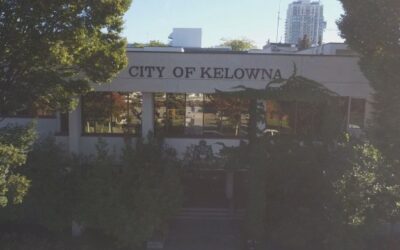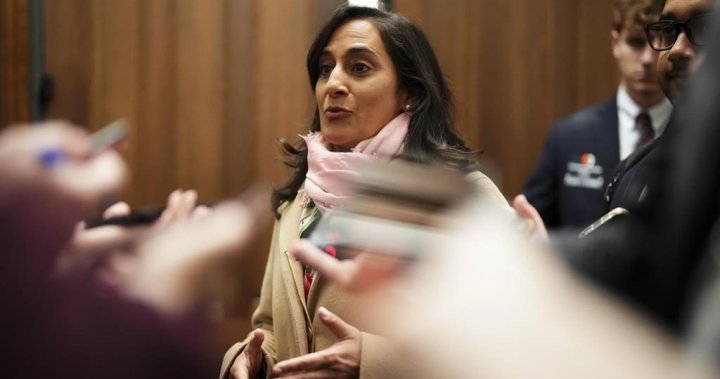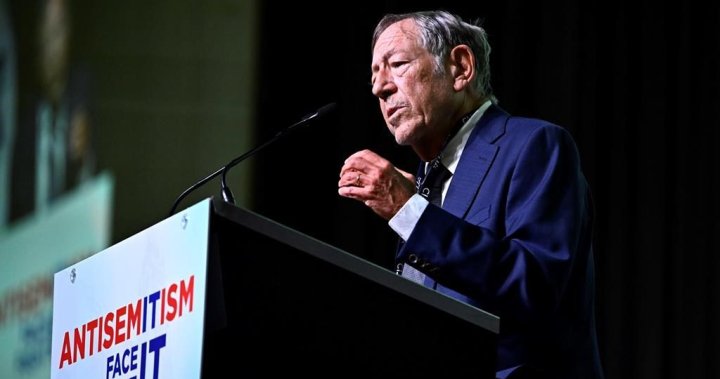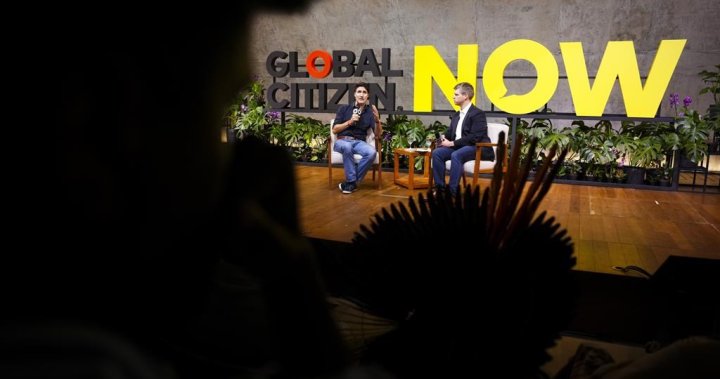Former Canadian politician suspected of working for foreign government: CSIS – National
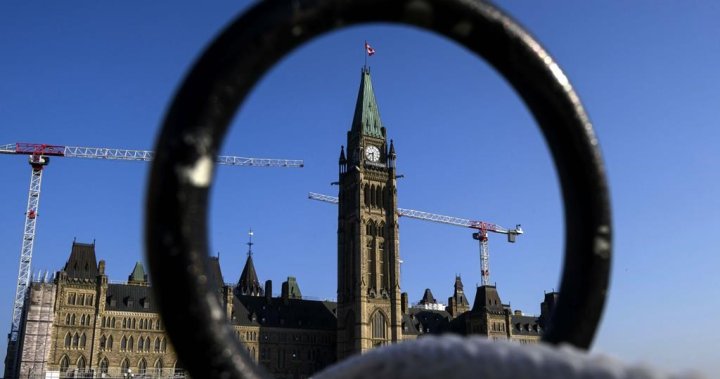
A former Canadian politician is suspected of trying to influence the work of Parliament on behalf of a foreign government, according to documents released Friday by the committee on foreign interference.
No identifying information about the parliamentarian – whether he was a senator or deputy, or which party he belonged to – was included in the documents, nor was the country he allegedly worked for named.
But it is a previously unknown example of direct foreign interference in Canadian democracy.
The Canadian Security Intelligence Service (CSIS), in collaboration with other security and intelligence agencies, has produced a list of six significant cases of alleged foreign interference in recent years.
Four had already been detailed by Judge Marie-Josée Hogue’s investigation into foreign influence operations during the 2019 and 2021 federal elections. The other two had not been previously disclosed to the public.
In addition to the parliamentarian suspected of having worked clandestinely for a foreign government, the list also included the case of another state working to block the election of a liberal deputy.
“There are reports that a foreign government has taken several actions, including interference, to reduce the likelihood that a specific Liberal candidate will be elected at the federal level,” the document reads.
“It is suspected that the foreign government sought to thwart the candidate’s candidacy given his support for issues perceived to be contrary to the interests of the foreign government. »
The four other cases of foreign interference listed by the intelligence agency were detailed in the first phase of Hogue’s investigation:
-The government of Pakistan “attempted to covertly influence Canadian federal policy with the aim of promoting (its) interests in Canada.”

Receive national news daily
Get the day’s top news, politics, business and current affairs headlines delivered to your inbox once a day.
-A case of a foreign government official suspected of interference activities, which resulted in classified briefings with representatives of the Liberal Party and Prime Minister Justin Trudeau around the 2021 election.
-The Indian government allegedly used proxies to “covertly provide financial support to specific candidates from three political parties during a federal election.” Intelligence could not confirm whether the candidates received the funds, nor whether they knew the source of the money.
-Report that a foreign government “actively supported” a candidate in a 2019 nomination race in Don Valley North, including “using a proxy.”
The latter case refers to “irregularities” in the 2019 Don Valley North Liberal nomination race, first reported by Global News, which was won by Han Dong. After the release of the Global report, Dong withdrew from the Liberal caucus and remains an independent MP today.
Dong has repeatedly denied any wrongdoing and is suing Global’s parent company, Corus Entertainment.
The revelations that a former parliamentarian worked on behalf of another government come after months of significant developments in the file of foreign interference.
In June, an explosive report from the National Security and Intelligence Committee (NSICOP) – a multipartisan committee that includes secrecy-cleared congressmen and senators – revealed that several federal politicians knowingly worked with hostile countries to s interfere in Canadian democracy.
In one case, a politician allegedly provided classified government information to “a known intelligence officer of a foreign state.”
It also found that the People’s Republic of China (PRC) had “successfully” intervened in the nomination of Don Valley North and had a “significant impact” on Dong’s victory in that contest.
The NSICOP report follows Hogue’s preliminary report, released in May, which found that several federal candidates in the 2019 elections “appeared willing” to align themselves with plans for foreign interference.
Hogue concluded that although foreign powers attempted to influence the 2019 and 2021 elections, those efforts did not determine the overall results of those elections. It is Canadian voters, not foreign actors, who chose their government.
The judge of the Quebec Court of Appeal nevertheless concluded that the foreign interference operations constituted a “stain on Canada’s electoral process”.
The flow of details about parliamentarians and candidates who apparently willingly cooperated with foreign powers has led to calls for the government to “name names” – to identify politicians suspected of being under the influence. control of another government.
But intelligence is not always proof. There is a gap between what intelligence agencies can suspect – even with a high degree of confidence – and what can be proven in court. And releasing names without evidence means those suspected of collaborating with foreign governments have little ability to defend themselves.
In a press release preceding the latest round of testimony, Hogue spoke of a desire to name politicians directly.
“Given that the allegations contained in the NSICOP report are based on classified information that cannot be disclosed to the individuals in question, those individuals would not be able to be heard regarding any potential conclusions the commission might consider drawing against them,” Hogue wrote in a public statement earlier this month.
“In fact, the commission would not even be able to inform individuals that their activities may have been part of the NSICOP review. Thus, due to its dual obligation to respect confidentiality linked to national security and the rules of procedural fairness, the commission cannot draw any conclusions allowing the identification of the individuals involved in the allegations.
Hogue’s inquest is expected to continue until October 16. Witnesses include senior civil servants and intelligence officials, political staff and politicians, including Trudeau. Hogue’s final report is expected by the end of the year.
© 2024 Global News, a division of Corus Entertainment Inc.






